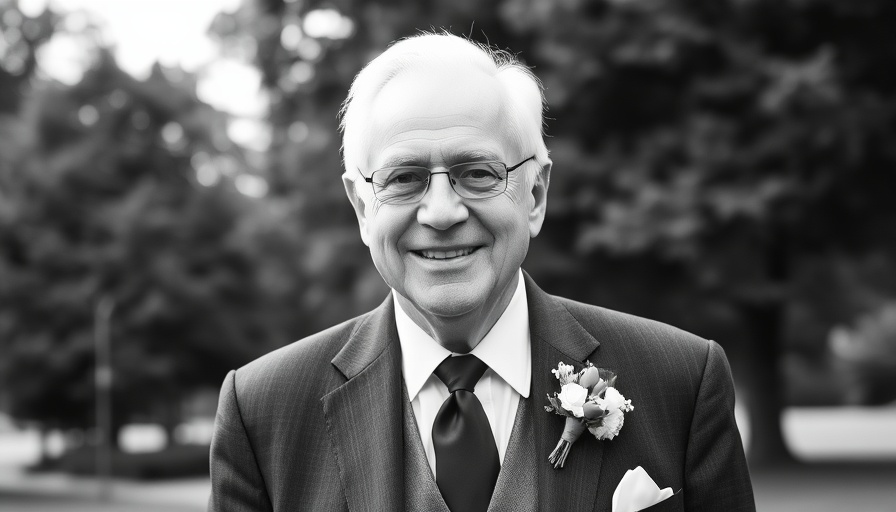
The Legacy of Peter Cooper: Philanthropist and Innovator
Founded in 1859, The Cooper Union stands as a beacon of educational opportunity in America, rooted in the ideals of its founder, Peter Cooper. An inventor and philanthropist, Cooper believed that education should be accessible to everyone, regardless of wealth, gender, or race. This unique institution was not designed just for the elite, but rather to uplift the working classes, proving that academic excellence can and should be accessible to all.
A Delicious Innovation: The Birth of Jell-O
Among his many entrepreneurial successes, Cooper's invention of a method for producing powdered gelatin revolutionized kitchens across America. Patented in 1845, this innovation laid the groundwork for the later popularization of Jell-O. Initially, it was Cooper’s brand of gelatin that allowed those in home kitchens to create a variety of desserts by simply mixing fruit juices and sugars, thus making the art of cooking more accessible and exciting for families.
The Role of Cooper Union in American History
Beyond its educational mission, The Cooper Union has played a vital role in the cultural and political landscape of the United States. The institution's meeting room famously hosted Abraham Lincoln for a speech that helped pave his way to the presidency. This illustrates not only the significance of Cooper Union in shaping leaders but also its ongoing commitment to community engagement and civic responsibility.
The Current Controversy: Tuition Fees
Despite its long-standing tradition of providing free education, Cooper Union faced controversy when it began charging tuition for the first time in its history. This decision stemmed from financial strains, particularly relating to a legal battle over lease income from the Chrysler Building. The challenge became a flashpoint for discussions about access to education. Advocates argue that maintaining the free tuition model is essential for preserving the institution's founding mission, while opponents highlight the financial challenges the school faces.
Why Cooper Union Matters Today
Understanding the changing face of Cooper Union offers valuable insights into wider discussions about education reform, funding, and accessibility. For current students and advocates, the fight to preserve free education can serve as a representation of broader social justice initiatives. It’s not just about a college; it’s about fostering innovation and enabling individuals to rise through education.
Concluding Thoughts
As Cooper Union navigates these challenges, the legacy of Peter Cooper remains relevant. His vision for an equitable society, propelled by education, continues to inspire. Whether it be through the lens of innovation in culinary arts or higher education policy, Cooper's impact is undeniable. A deeper understanding of this institution fosters a conversation on how we can address modern challenges in education and uphold the founding principles of accessibility and equality.
 Add Row
Add Row  Add Element
Add Element 



 Add Row
Add Row  Add
Add 
Write A Comment